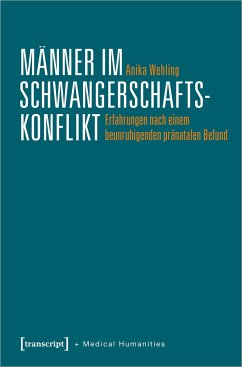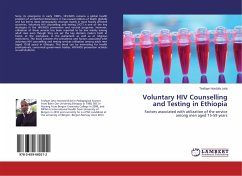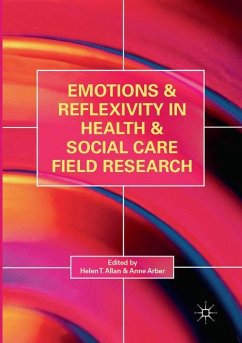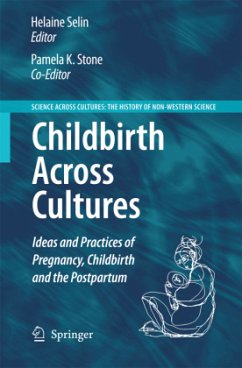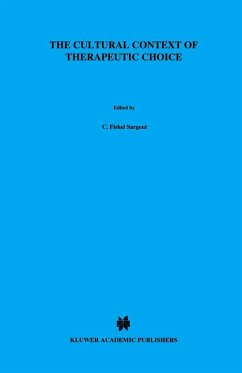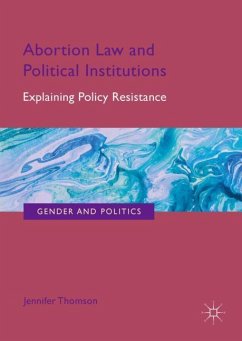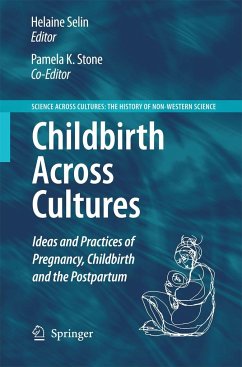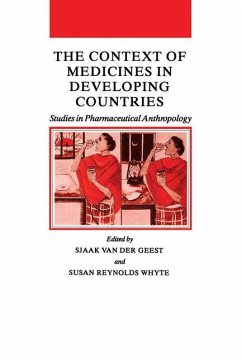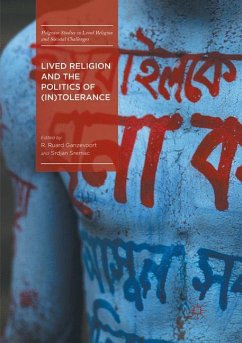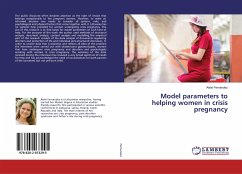
Model parameters to helping women in crisis pregnancy
Versandkostenfrei!
Versandfertig in 6-10 Tagen
27,99 €
inkl. MwSt.

PAYBACK Punkte
14 °P sammeln!
The public discourse often declares abortion as the right of choice that belongs exceptionally to the pregnant woman. However, to make an informed decision one needs to consider all options, risks, and psychological and physical factors that come together with it. Lithuania has no systemic help provided for women undergoing crisis pregnancy. The aim of this research is to find bases for model parameters of such kind of help. For the purpose of this work the author used methods of structural analysis, document analysis, content analysis and modelling.The empirical part of this research consists...
The public discourse often declares abortion as the right of choice that belongs exceptionally to the pregnant woman. However, to make an informed decision one needs to consider all options, risks, and psychological and physical factors that come together with it. Lithuania has no systemic help provided for women undergoing crisis pregnancy. The aim of this research is to find bases for model parameters of such kind of help. For the purpose of this work the author used methods of structural analysis, document analysis, content analysis and modelling.The empirical part of this research consists of the data analysis of documents regulating abortion and protection of life and individual semi-structured interviews. In order to receive data that is objective and reflects all sides of the problem the interviews were carried out with obstetricians gynaecologists, women that have undergone crisis pregnancy and abortion and psychologists working with women in crisis pregnancy. The summaryof the data received during the interviews has revealed a very broad spectrum of needs for help and has acknowledged the need of consultations for both parents of the conceived but not yet born child.



